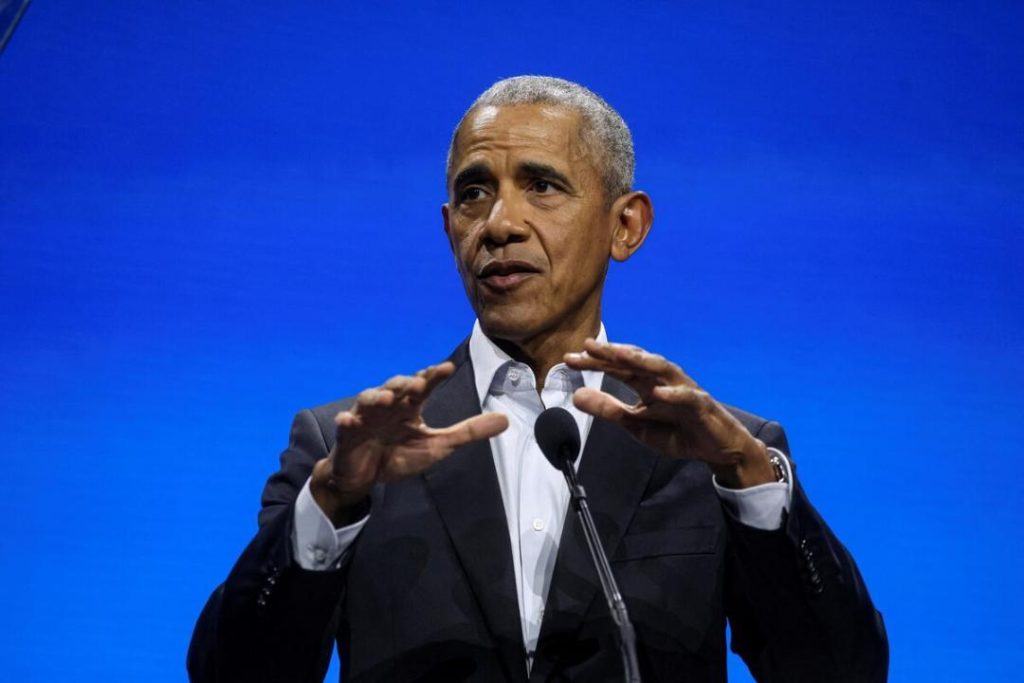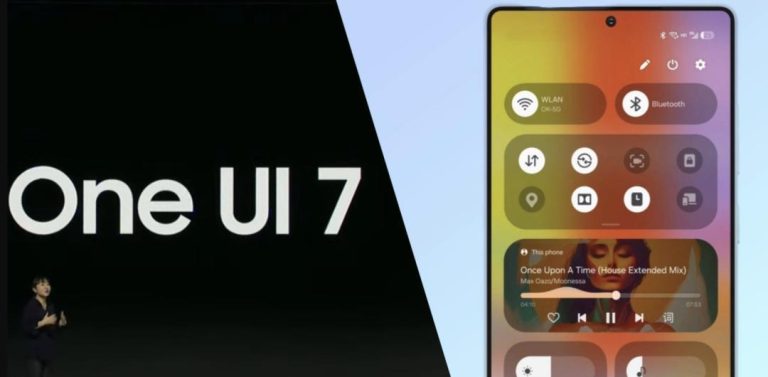
You’re Better Off with Arts Degree: Barack Obama on AI’s Impact
The rise of artificial intelligence (AI) has been a hot topic of discussion in recent years, with many experts warning about its potential impact on the job market. While some argue that AI will create more jobs than it replaces, others disagree, citing the increasing likelihood of automation and mass unemployment. Two high-profile individuals who have expressed concerns about AI’s impact are Bill Gates and Barack Obama.
In a recent interview, Obama warned that AI could cause mass unemployment, echoing Gates’ earlier statement on the same topic. According to Obama, AI’s advanced models can already code better than 60-70% of coders, making it likely that many jobs will be replaced. “We’re talking highly skilled jobs that pay really good salaries…A lot of that work is going to go away,” he stated.
Obama’s comments have sparked a debate about the future of work and the need for individuals to adapt to the changing job market. While some may view AI as a threat to their livelihood, others see it as an opportunity to develop new skills and pivot to new industries. But what does Obama mean when he says that a liberal arts education may be a better option for those who are not proficient in coding?
To understand Obama’s stance, it’s essential to look at the current state of the job market and the skills required for many industries. While coding skills are in high demand, they are not the only skills that are valuable in the modern workforce. In fact, many employers are looking for individuals with strong critical thinking, problem-solving, and communication skills, which are often developed through liberal arts education.
A liberal arts education focuses on developing a broad range of skills, including writing, speaking, critical thinking, and problem-solving. This type of education is designed to help students become well-rounded individuals who can adapt to a rapidly changing world. By studying the humanities, social sciences, and natural sciences, students gain a deeper understanding of the world and develop the skills needed to navigate complex issues.
In contrast, coding and other technical skills are highly specialized and may not be as transferable to other industries. While coding skills are essential for many jobs, they are not the only skills that are valuable. In fact, many employers are looking for individuals with a range of skills, including data analysis, marketing, and project management.
Obama’s comments are not meant to suggest that coding skills are not valuable. Rather, he is highlighting the need for individuals to develop a range of skills that are not solely dependent on coding. By studying the liberal arts, individuals can develop the skills needed to adapt to a rapidly changing job market and pivot to new industries.
So, what does this mean for students who are considering their options for higher education? For those who are interested in pursuing a career in a technical field, a degree in computer science or a related field may be a good option. However, for those who are not coding proficient, a liberal arts education may be a better option.
A liberal arts education provides students with a broad range of skills that are valuable in many industries. By studying the humanities, social sciences, and natural sciences, students gain a deeper understanding of the world and develop the skills needed to navigate complex issues. This type of education is designed to help students become well-rounded individuals who can adapt to a rapidly changing world.
In conclusion, Obama’s comments about AI and its impact on the job market are a wake-up call for individuals who are considering their options for higher education. While coding skills are in high demand, they are not the only skills that are valuable in the modern workforce. A liberal arts education may be a better option for those who are not coding proficient, as it provides students with a broad range of skills that are valuable in many industries.
Source:






